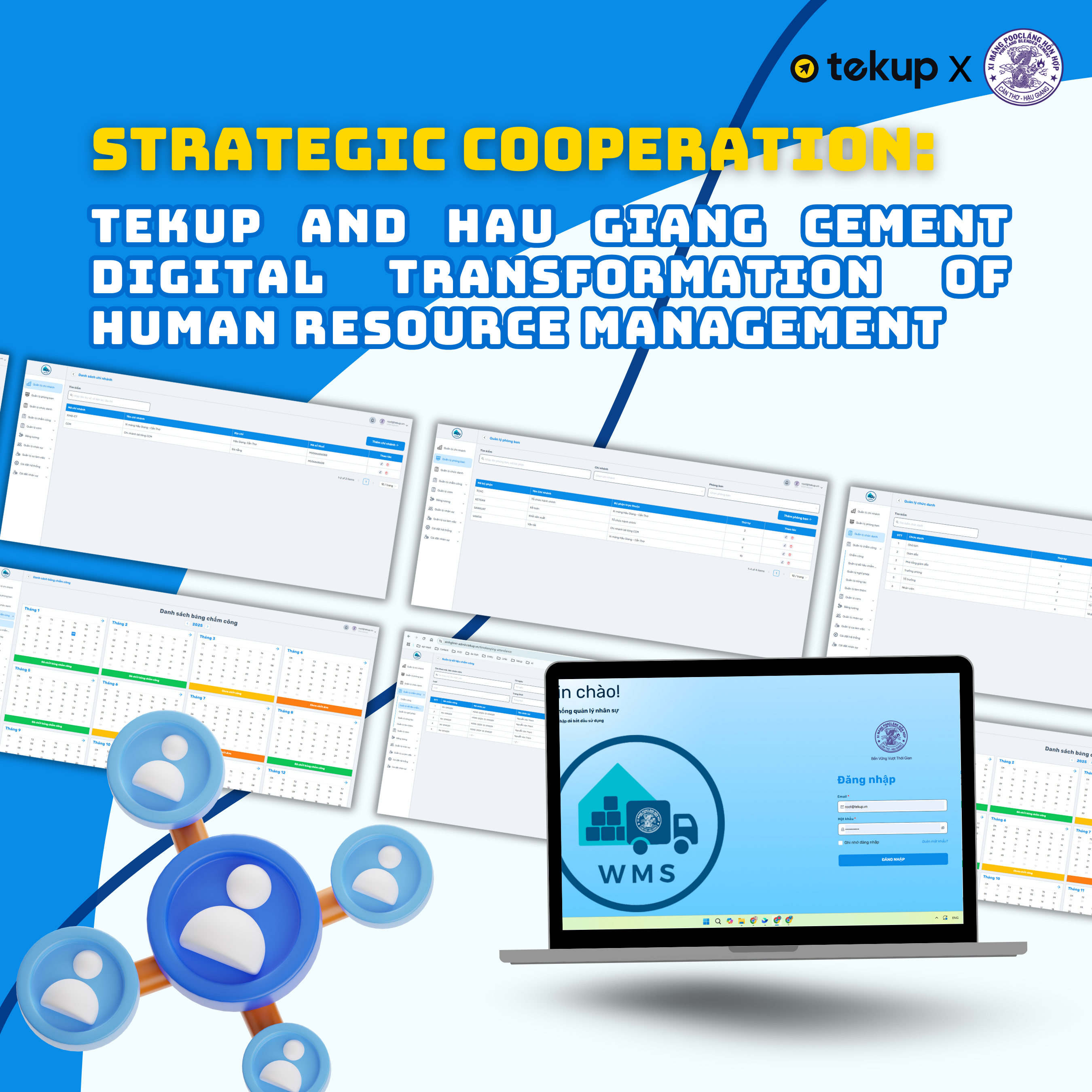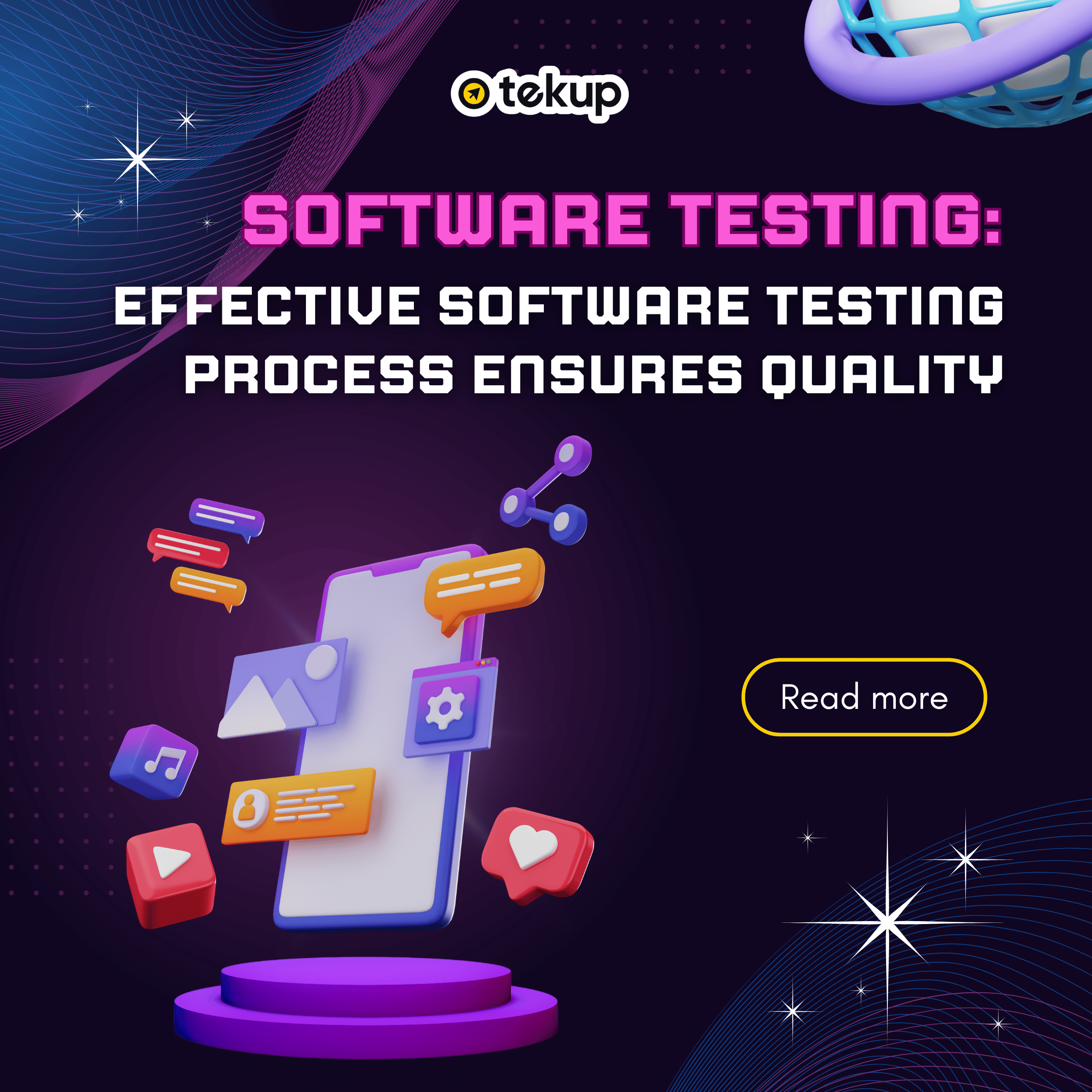When you click the “place order” button on an e-commerce app or log into a social media network, what really happens behind the scenes? That’s the ‘magic’ of Backend Developers – the experts who build and maintain the core of systems, ensuring that all data is processed quickly and securely. So, what exactly does a Backend Developer do, and what path should one follow to become a ‘silent architect’ in the tech world? Let’s explore in this article!
1. Importance of the Backend
The backend plays a crucial role in the operation of technology systems. It handles all business logic, data storage, and communicates with the frontend to display information to users. If the frontend is the visible tip of the iceberg, then the backend is the hidden part that ensures the stability and security of the entire system. A strong backend not only enables an app to function efficiently but also ensures security, scalability, and the ability to handle complex tasks.

2. What Does a Backend Developer Do?
A Backend Developer is responsible for building and maintaining the core functions of an application, ensuring that the system runs smoothly, securely, and efficiently. They work with data, server-side logic, and internal services to meet the requirements from the frontend. Here are the main tasks of a Backend Developer:
2.1. Handling Application Logic
- Analyzing and implementing data processing logic: A Backend Developer writes code to execute functions such as user authentication, payment processing, and product information management. They ensure that all data is handled correctly and adheres to predefined business processes.
- Developing APIs: APIs (Application Programming Interfaces) act as the bridge between the frontend and backend. A Backend Developer designs and develops APIs to transmit data between different parts of the system or between different applications.
2.2. Database Management
- Designing and optimizing databases: A Backend Developer is responsible for building database tables, setting up relationships between them, and ensuring that the database is scalable.
- Querying and processing data: They use database management systems like MySQL, PostgreSQL, or MongoDB to store, access, and process data effectively.
- Ensuring data security: Data security is a top priority. Backend Developers implement encryption, backup, and data recovery measures to protect sensitive information.
2.3. System Security
- Preventing security vulnerabilities: Backend Developers implement measures to protect the system from attacks such as SQL Injection, Cross-Site Scripting (XSS), or DDoS.
- Access management: They set up authentication and authorization mechanisms to ensure that only authorized users can access specific resources.

2.4. Server Handling and Monitoring
- Configuring and maintaining servers: Backend Developers work with servers like Apache or Nginx, configuring and monitoring them to ensure the system is always stable.
- Performance monitoring: They use tools like New Relic or Datadog to track system performance, detect issues promptly, and address them quickly.
2.5. Collaboration with Other Departments
- Working closely with Frontend Developers: Backend Developers provide APIs and services needed for the frontend, ensuring that data is displayed correctly and synchronizes well between both parts.
- Collaborating with QA and DevOps: They work with the testing team to ensure the code functions as intended and is free of errors, while also collaborating with DevOps to deploy and maintain the system.
A Backend Developer is not just responsible for writing code but also plays a key role in system architecture and ensuring that all technical aspects of the system run smoothly. This job requires in-depth knowledge of technology, logical thinking, and the ability to solve problems quickly.
3. Conditions to Become a Backend Developer
To become a proficient Backend Developer, you need to combine several factors such as technical knowledge, hands-on skills, and programming mindset. Here are the essential conditions to help you build a solid career in this field:
3.1. Master the Basics of Programming
- Programming languages: A Backend Developer must be proficient in at least one popular programming language such as JavaScript (Node.js), Python, Java, Ruby, or PHP. Each language has its unique advantages, and the choice of language depends on the project’s needs.
- Data structures and algorithms: These are the foundation for writing optimized code and solving problems efficiently. A strong understanding of data structures (like arrays, linked lists) and algorithms (searching, sorting) will help you handle complex problems.
- System operations: Understanding how systems work, how data is transmitted and processed within an application, is critical for efficient backend development.
3.2. Knowledge of Databases
- Database Management Systems (DBMS): You need to work proficiently with database management systems such as MySQL, PostgreSQL, or NoSQL systems like MongoDB. This includes database design, query optimization, and ensuring data integrity.
- SQL query language: This is an essential skill for Backend Developers. Knowing how to write SQL queries to access, update, and manage data is a fundamental requirement.
3.3. Proficiency with Backend Tools and Frameworks
- Popular frameworks: Using frameworks like Express.js (Node.js), Django (Python), or Spring Boot (Java) speeds up development and reduces errors.
- APIs and RESTful Services: Understanding RESTful architecture and how to build and deploy APIs to connect the backend and frontend is crucial.
3.4. Security Skills
- Data protection: You need to know how to implement security measures like data encryption, user authentication, and prevent common attacks.
- Security testing: Mastering security testing tools helps you identify and fix vulnerabilities within the system.
3.5. Knowledge of DevOps and System Deployment
- CI/CD processes: Understanding CI/CD tools like Jenkins and GitLab CI helps you automate testing and deployment processes.
- Docker and Containerization: Knowing how to work with Docker helps you package applications for easy deployment across different environments.
3.6. Soft Skills and Logical Thinking
- Problem-solving ability: Backend Developers often face complex problems, requiring logical thinking and quick problem resolution skills.
- Team collaboration: You must work closely with frontend developers, QA, and other teams during the product development process.

Becoming a Backend Developer not only requires solid technical knowledge but also patience and continuous learning. As technology evolves, you must be ready to adapt to new challenges.
The development path to becoming a Backend Developer requires persistence, dedication, and continuous learning. By setting clear goals at each stage and continually improving your skills, you’ll become a professional Backend Developer capable of solving problems and making meaningful contributions to tech projects. Keep an eye on Tekup’s website for more insightful and useful articles on technology.



